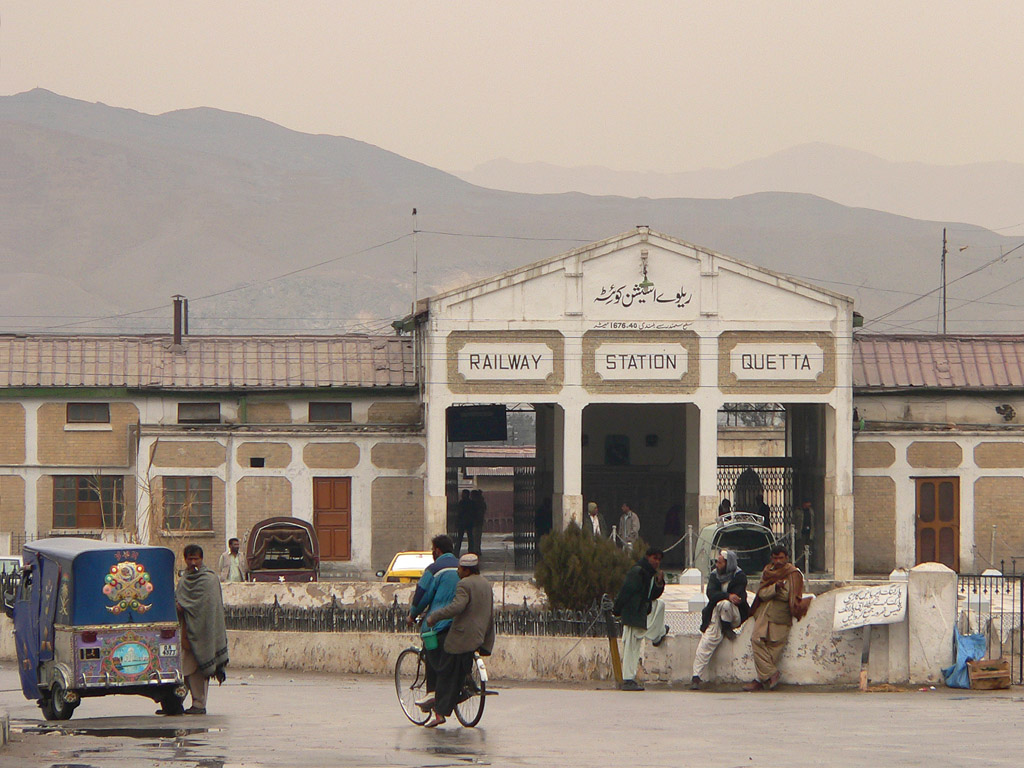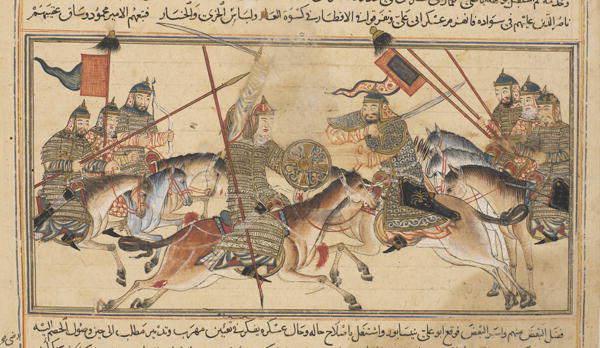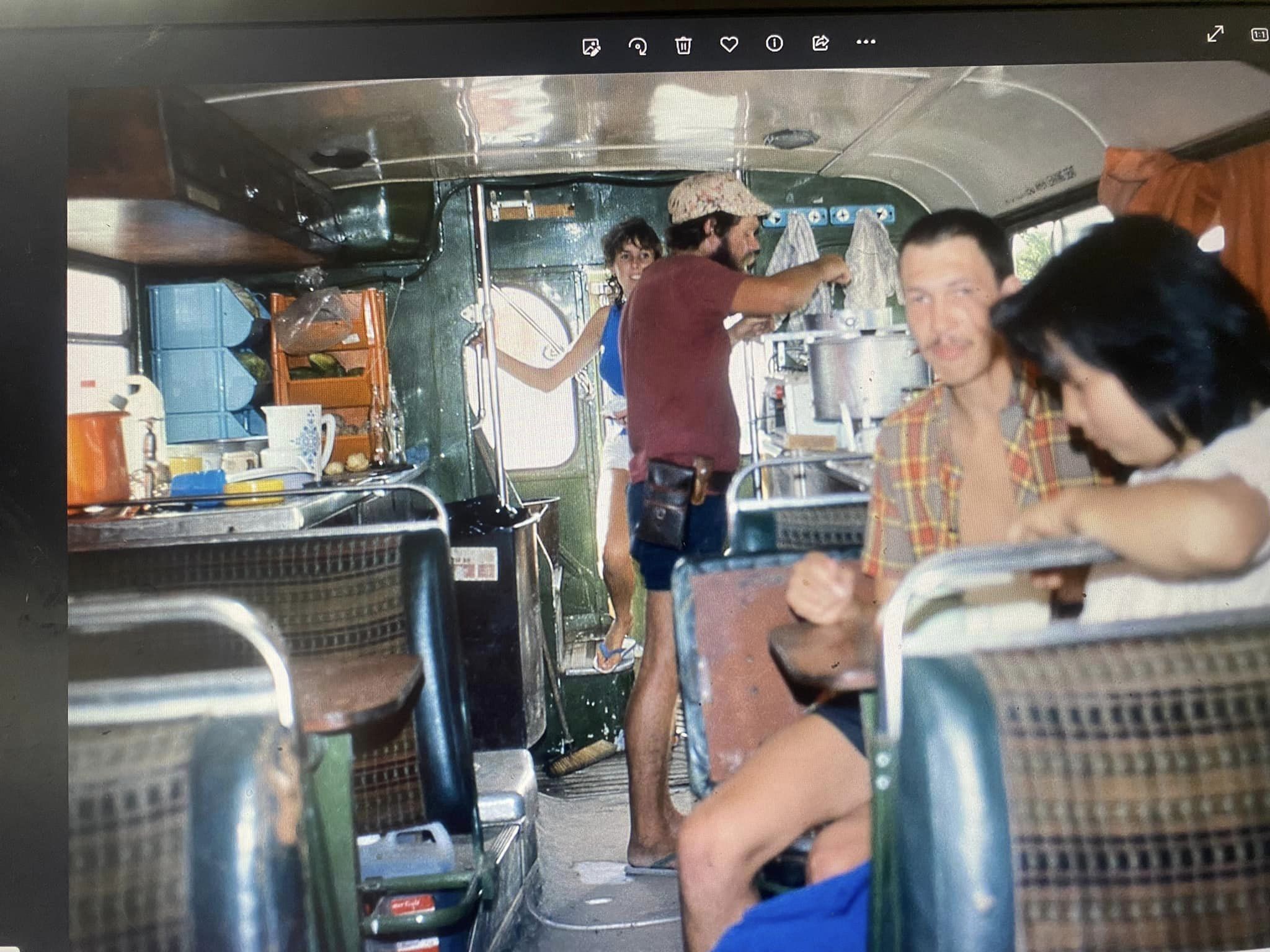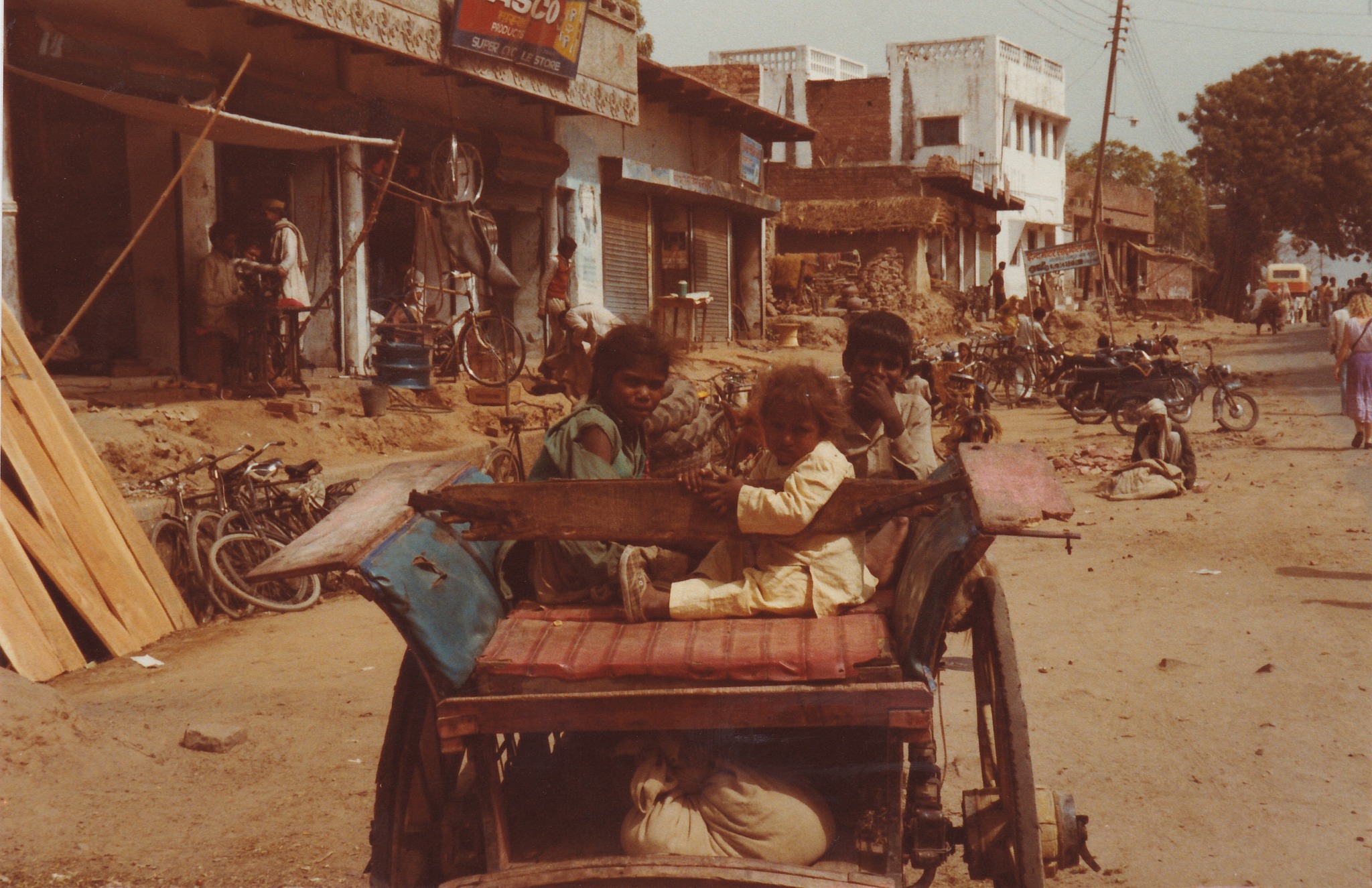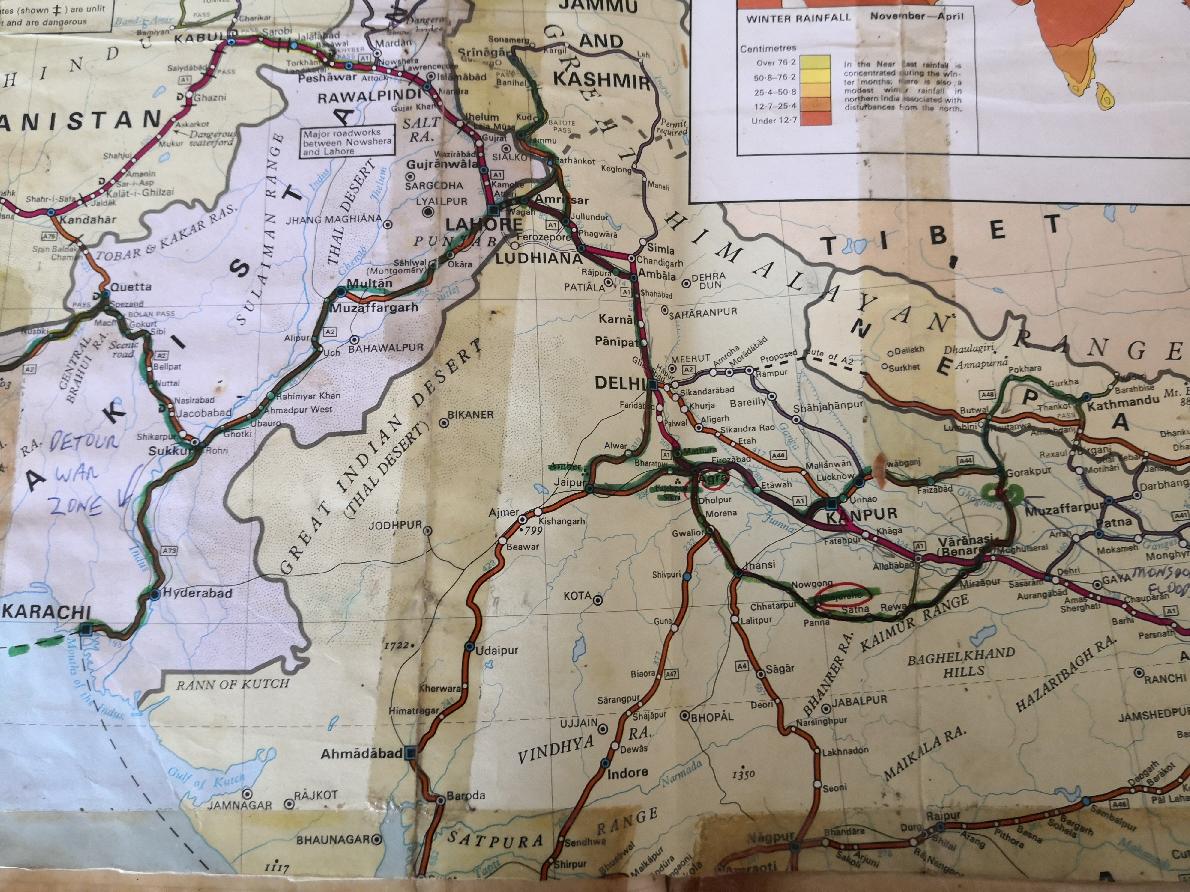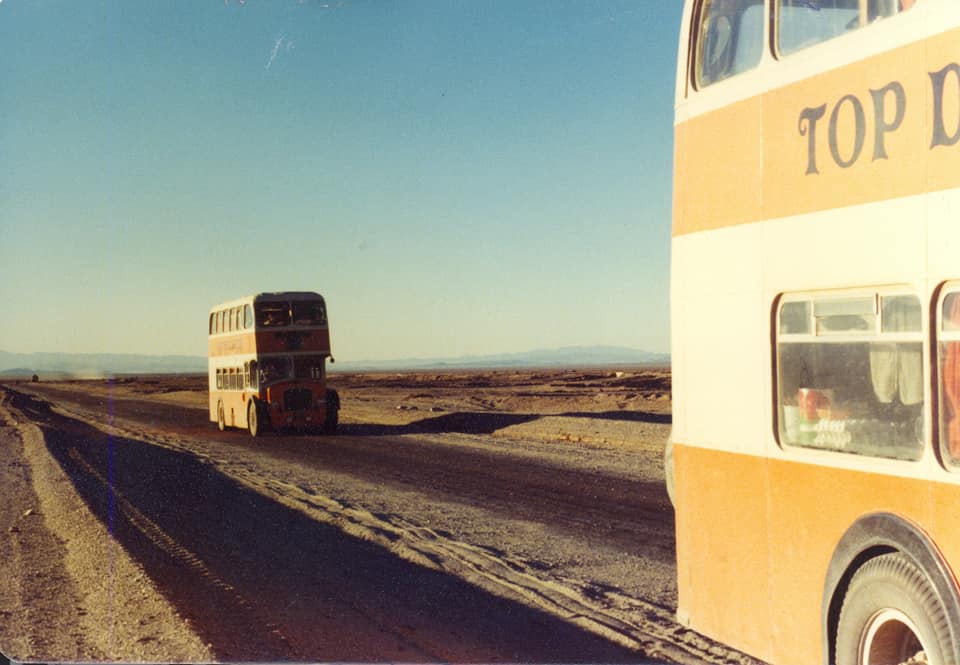
AsianOverland.net
Tour Guide - Itinerary
Asian Overland Sydney to London
Date 30/04/2024QUETTA, BALUCHISTAN, PAKISTAN
ASIANOVERLAND.NET LONDON TO SYDNEY DAY 313: NOK KUNDI TO QUETTA, BALUCHISTAN, PAKISTAN
Most of Baluchistan was controlled by bandits in 1980, so the Pakistan Army closed the checkpoints on the Baluchi roads at dusk each evening. We couldn’t drive after dusk or before dawn, which we did in Iran where there were no closed checkpoints and the roads were tarred and not sand and rocks.
The savage heat of the Baluchistani desert had nearly knocked our everyone, but the hand generated water pump at Nok Kundi was one of the best and most appreciated water sources ever. Nok Kundi also had a wonderful tea shop accompanied by Afghani Black, so most punters were in a deliriously happy state even before the tea arrived, slept soundly, and were suitably refreshed for the next day’s drive.
Soon after dawn, we drove east again through the impassable Baluchi “road” in unbearable heat. The Nok Kindi hospitality had well and truly worn off, punters were sweating profusely, tempers became flared and heated to match the heat. Over time, a mirage appeared in the distance. As we drove closer, the mirage appeared to be the outline of a double decker bus …. surely not. We were in the middle of the desert. But yes, it was another Top Deck bus, Leeming, couriered by Ian Hall, so we met in the middle of the Baluchistan desert. I gave Ian Hall a heads up on the terrible conditions ahead of him in Baluchistan and Iran. It was during that conversation that I started to think that the worst of the overland journey might be over. It was obvious that Leeming had been driven from Kathmandu to Baluchistan, so it therefore must be possible for us to reach both Quetta, and our ultimate destination in Kathmandu.
My slight feeling of optimism was, however, sobered by the news that the previous Top Deck crew to travel to Quetta through Baluchistan were still being held in the jail at Quetta. The Top Deck bus had been directed to back into the Police compound in Quetta, assuming that they would safely unload their bootlegged whisky cargo, only to be double crossed by their assumed whisky contact. I had no idea of the truth or otherwise of the Pakistani Police allegations, and naturally assumed the innocence of my fellow Top Deck crew, but I gave the punters another pep talk about alcohol and drugs being illegal in Pakistan, and was extremely wary when we finally drove into Quetta.
From 11th century, the land of Quetta was owned and ruled by the Kasi Pashtun tribe. It was captured by Sultan Mahmud Ghaznavi during his invasion of South Asia in the tenth century. The Ghaznavid Empire was a Persianate Muslim dynasty and empire of Turkic mamluk origin, ruling at its greatest extent, large parts of Persia, Khorasan, Baluchistan and the northwest Indian subcontinent from 977 to 1186.
In 1543, Mughal emperor Humayun came to Quetta en route to Safavid Persia, leaving his son and future Mughal emperor Akbar in Quetta. Part of our overland drive is from Akbar the Great’s boyhood home in Quetta, to Akbar’s tomb near Agra in India.
In 1709, the Quetta region was part of the Afghan Hotak dynasty until 1747, when Ahmed Shah Durrani conquered it and made it a part of the Durrani Empire.
In 1828, one of the first Europeans to visit Quetta, described it as mud-walled fort surrounded by three hundred mud houses.
Quetta is the capital of the Pakistan province of Balochistan at an elevation of 1,680 metres above sea level, making it Pakistan's only high-altitude major city. Quetta is known as the "Fruit Garden of Pakistan" due to numerous fruit orchards in and around it, and the large variety of fruits and dried fruit it produces.
Located in northern Balochistan near the Pakistan-Afghanistan border and the road to Kandahar, Quetta is a trade and communication centre between Pakistan and Afghanistan. Quetta is near the Bolan Pass route, which is one of the major gateways from Central Asia to South Asia.
© This work is copyright. Apart from any use permitted under the Copyright Act 1968, no part may be reproduced by any process, nor may any other exclusive right be exercised, without the permission of Peter Searle, peter@portseavillageresort.com; 1980-2024.
Website built by Justin O’Dea www.webdeveloperdocklands.com.au
